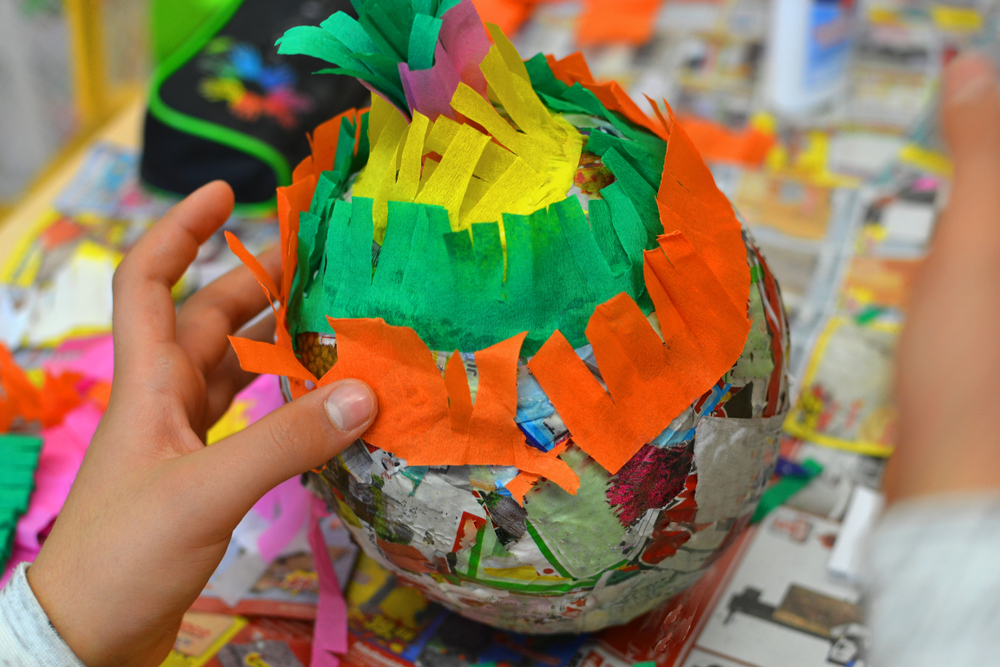Therapy Games That Help with Autism and Asperger Syndrome
Did you know that certain types of games help those who have Asperger syndrome or autism express themselves better?
This is why it is important to choose the best interactive games for your kids or loved ones who have this condition.

These therapy games can be a great tool to help teach individuals with autism, but not only that, they can teach other children important skills such as self-regulation, problem solving, and more.
Check out these five best interactive/educational games that can help children with Asperger syndrome or autism have fun, relax and communicate better.
ACREATIN SENSORY AND CALM-DOWN BOTTLES
When playing games for kids with autism, it is important to create a general atmosphere to reduce stress.
Calm down bottles are small, decorative glass bottles with cork and delicate little caps. A pair of them can be placed on a desk or near a bed to create an arrangement that could calm down a stressed out child.
Kids sensory bottles are simple and inexpensive to make, but add a whole bunch of fun. It can be a way to engage the child's creativity and express their interests.
I-SPY AND PUZZLES
Did you know that most autistic children have excellent visual skills? Puzzle activities help them use their incredible visual skills.
It is difficult to find activities for children on the autistic spectrum that are suitable for their abilities. Maze books, word searches, and eye spy puzzles can help the child focus and instill hand-eye coordination.
OBSTACLE COURSES
Creating an outdoor obstacle course is great not only for kids with autism, but children of all ages to have fun. Many kids are on the higher functioning side of the spectrum, so oftentimes they need to have activities that create purposeful movement within a structured environment.
Plus, developing physical skills and improving gross motor skills can be of great importance to children with autism and Asperger’s.
PLAY IN NATURE
Many children on the autism spectrum find physical contact, loud noises, and stimulating environments overwhelming. However, autism is not a disorder that requires the child to stay inside all day, rocking and cuddling. Actually, it is very beneficial to get them out in the open as much as possible, in nature or other places where there are people around. The main reason for this is that they learn social interaction.
Kids with autism normally feel uncomfortable in crowded places. But, if they have been properly trained, they will be able to enjoy themselves when there are a lot of people around. Also, contact with the outdoors and nature will reduce stress levels.
COOPERATIVE PLAY
Cooperative play occurs when at least two people work on a common goal. Whether the goal is reaching the top of the slide or building an intricate toy, it involves everyone working together by helping each other to get something done.
It provides parents, caregivers, and therapists the opportunity to engage in meaningful communication, while fostering a sense of companionship and cooperation that is difficult to replicate through most other activities.